Nigeria's National Football Team Takes a Stand
Nigeria's national football team, a powerhouse in African football, has found itself embroiled in controversy and concern as it highlighted issues of player welfare and safety in international competitions. The team, commonly known as the Super Eagles, was scheduled to play a crucial qualifier match for the 2025 Africa Cup of Nations (AFCON) in Libya. However, alleged mistreatment and safety concerns have led to a bold decision to boycott the contest, shining a spotlight on the obligations of host nations to provide safe and dignified conditions for visiting teams.
The decision to withdraw from the contest was triggered by what has been described by the Nigeria Football Federation (NFF) as 'inhumane treatment' of the players upon arrival at Al Abraq International Airport in Libya. Captain William Troost-Ekong and his teammates were subjected to an extended wait time of approximately 17 hours, from when their chartered flight landed on Sunday, to when they could expect a safe passage to their accommodation. This ordeal unfolded amid a backdrop of growing concerns over the security situation in the host country.
The Ordeal at Al Abraq International Airport
Landing at Al Abraq International Airport was only the beginning of what soon developed into a chaotic and distressing episode. The Super Eagles were supposed to be taken to Benina, a town considerably distant to the southeast of Tripoli, the Libyan capital. As the team feared for their safety and questioned the reliability of traveling by road in a high-risk area, they made the difficult decision to remain at the airport. Troost-Ekong shared instances of their experience, which included a lack of food, water, and reliable communication channels while being confined to a locked airport space.
Images circulated on social media displayed players sprawled across unoccupied airport seats, painting a vivid picture of discomfort and disregard for athlete welfare. The captain referred to their predicament as not merely logistical oversight but something of a 'psychological game' being played at their expense. In recent years, the importance of safeguarding players' mental health has been a growing topic of discussion, making their treatment in Libya even more alarming.
The Reaction from Nigeria and Beyond
The NFF swiftly lodged a formal complaint with the Confederation of African Football (CAF) regarding the treatment of their players. The matter has not only captured the attention of football authorities but has also resonated strongly with Nigerian fans and former players. Victor Ikpeba, a well-respected former African Footballer of the Year who accompanied the team to Libya, has been vocal in his support of the boycott. He urged for stringent disciplinary measures against Libya for failing to meet basic hosting standards.
Ikpeba expressed deeply felt concern for the players' security, pointing out that a nation grappling with instability must ensure the safety of visiting athletes before being entrusted with international fixtures. His sentiments were echoed by fans across Nigeria, who expressed support for the Super Eagles' decision to prioritize safety over sport. The episode cast doubt on the oversight mechanisms in place by CAF when awarding hosting privileges, raising questions about how countries within volatile climates meet the stringent requirements of international sports governing bodies.
Implications Moving Forward and The Next Steps
Before this incident, Nigeria secured a 1-0 victory against Libya on their home turf in Uyo, adding a contemporary layer of rivalry to the long-standing footballing history between the two nations. With the boycott, the specter of legal proceedings looms, with Nigeria potentially forfeiting points or risking sanctions. Yet, the NFF views repatriation and the well-being of their players as a key concern, leading to an emphatic reiteration that football cannot outweigh human safety.
Remarking upon the situation, Ademola Olajire, a spokesman for the NFF, confirmed that players have unanimously agreed not to participate under prevailing conditions. Efforts are underway to secure the team's safe return to Nigerian soil, while CAF's response and any possible ramifications against Libya remain anticipated. While the NFF's complaint is expected to prompt a thorough investigation, it serves as a stern reminder to sports bodies globally: addressing complex geopolitical scenarios in sports is not just about the competitive element, but ensuring all involved parties—players and personnel—are treated with dignity and security.
The drama surrounding the boycott opens up necessary dialogues about where the line is drawn in safeguarding sports participants, especially when operating within contentious or dangerous climates. In this context, Nigeria’s decision to withdraw might be seen less as an act of resignation and more of a clarion call for significant change in international football, one that places humanity above ambition.

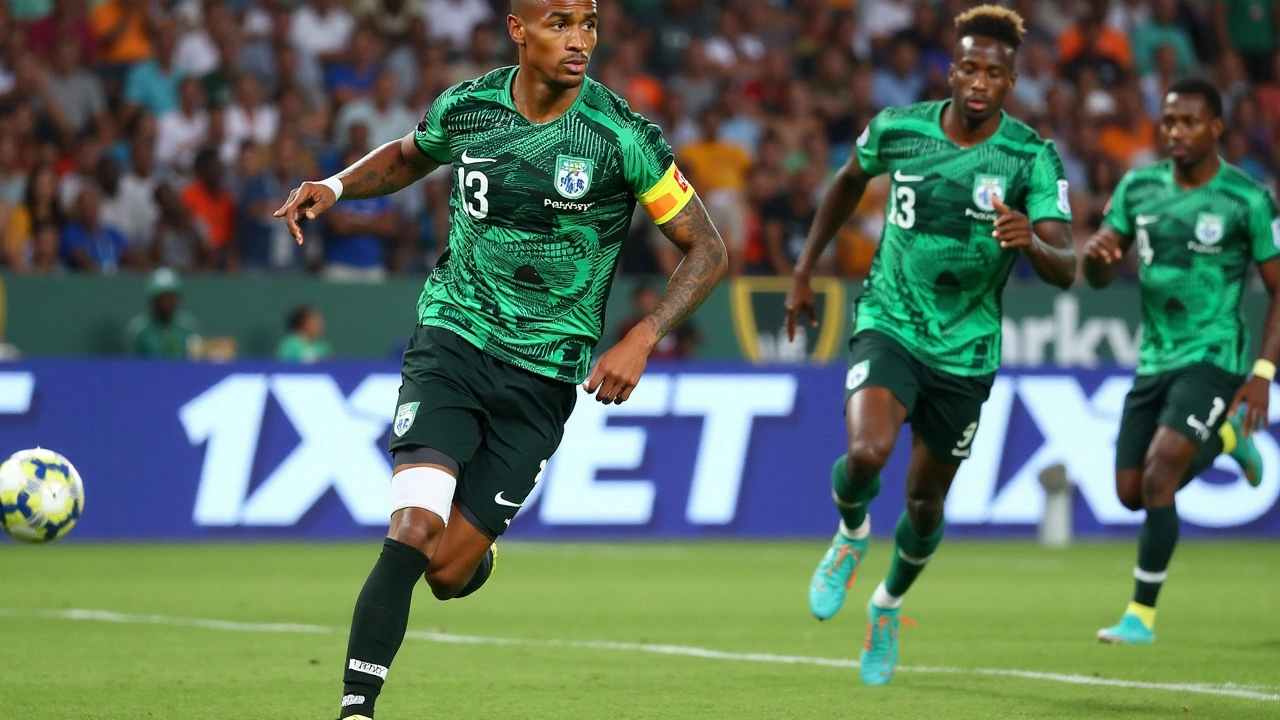
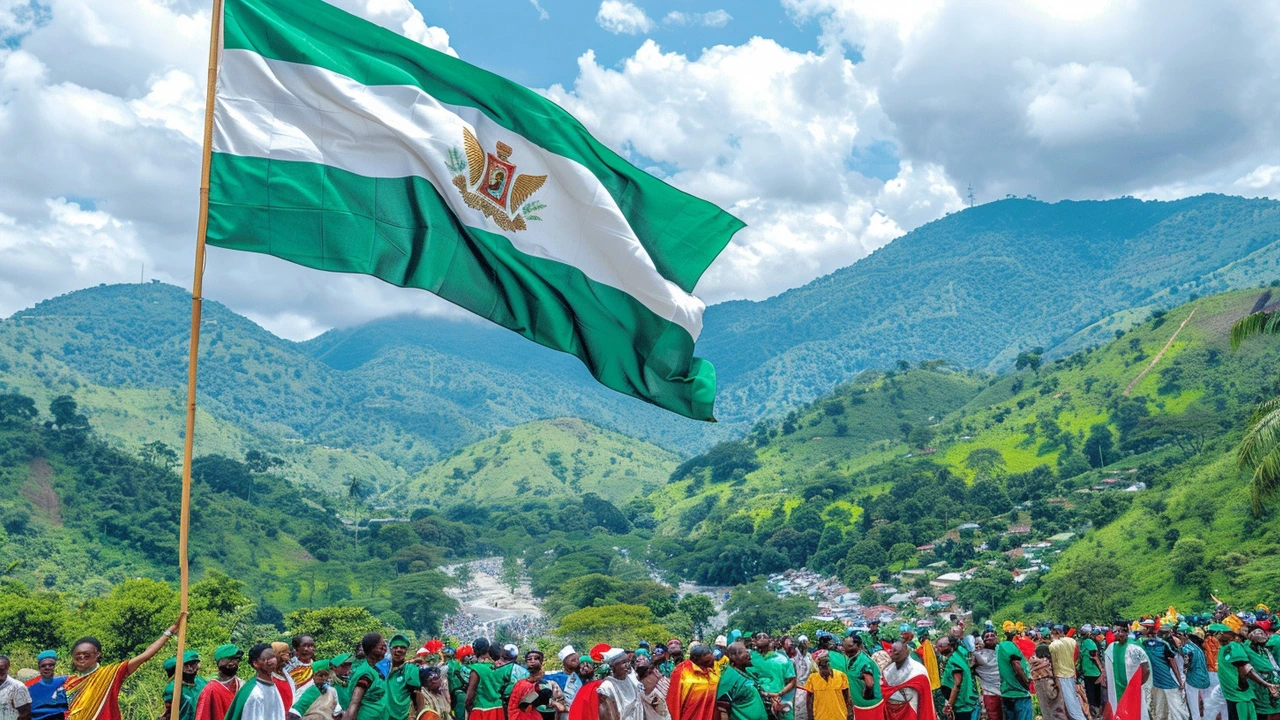
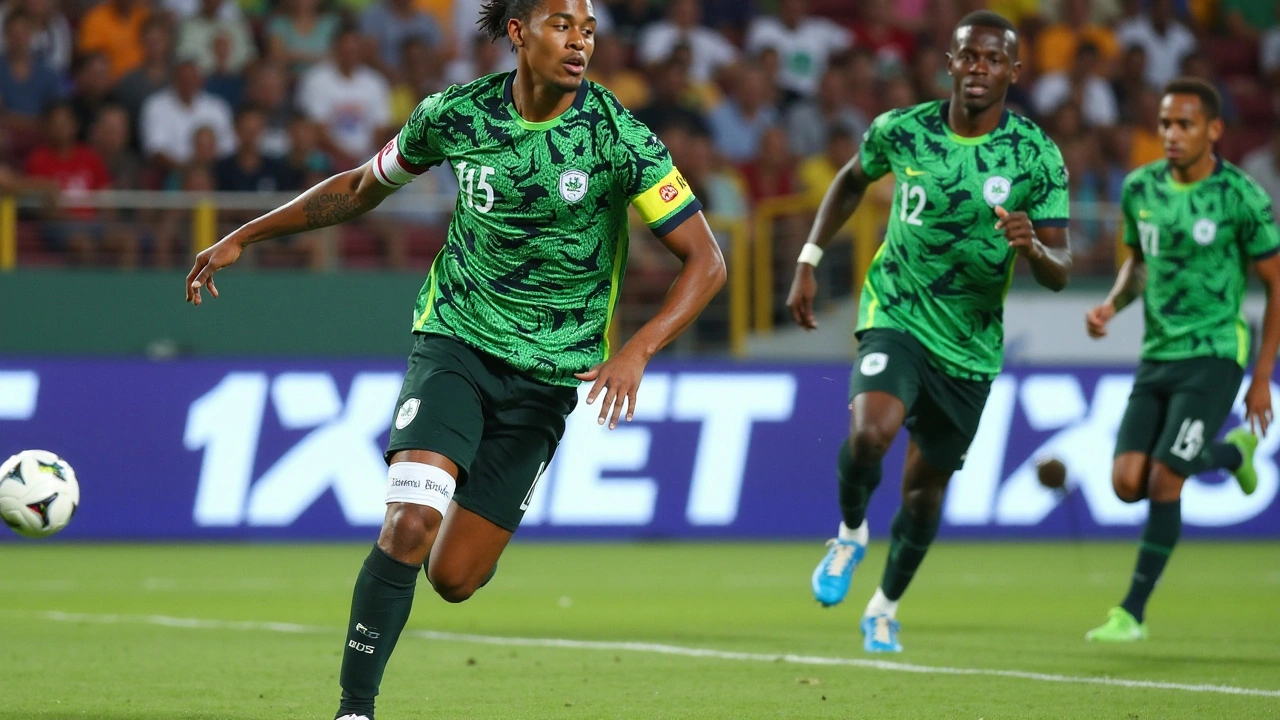
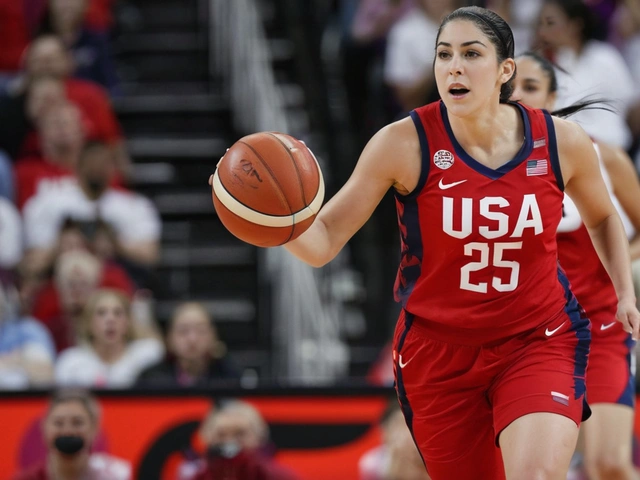
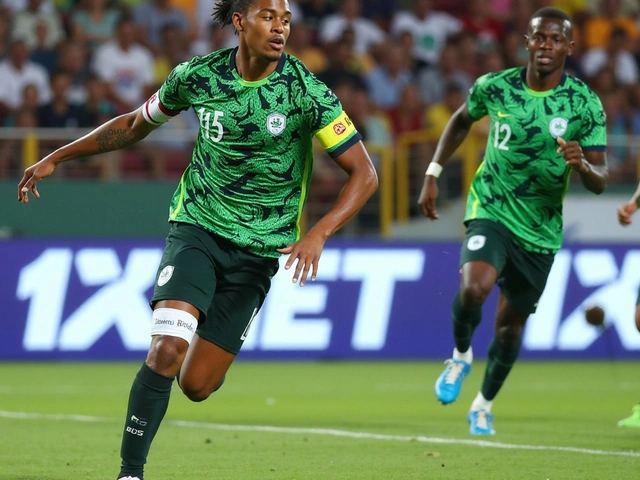
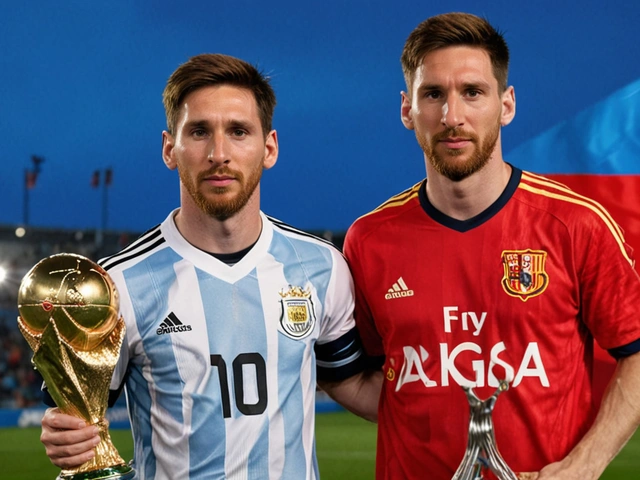
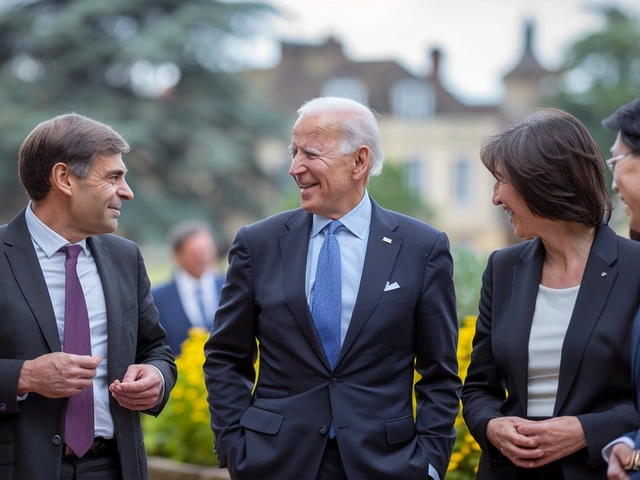
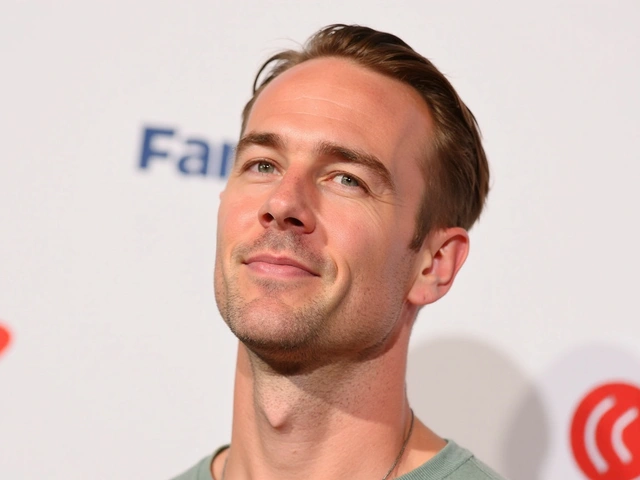
Kashish Narula
October 15, 2024 AT 02:46Super Eagles deserve our respect; the safety concerns are real. I hope the federation's stance prompts better standards for every host. Let's keep the dialogue calm and constructive. Players' wellbeing must always come first.
smaily PAtel
October 19, 2024 AT 03:59From a logistical standpoint, a 17‑hour hold at Al Abraq is a flagrant breach of FIFA's hospitality guidelines!!! The CAF has clear protocols about safe transport and accommodation that were blatantly ignored!!! Moreover, the absence of basic provisions like water and food violates basic human rights!!! This isn’t just a minor inconvenience; it’s a systemic failure!!!
Hemanth NM
October 23, 2024 AT 05:12Travel delays harm performance. Players need rest. Safety cannot be compromised.
rin amr
October 27, 2024 AT 05:26The recent debacle in Libya serves as a lamentable case study in the erosion of sporting civility. One might argue that the very notion of international competition presupposes a baseline of mutual respect between host and visitor. In the present instance, that baseline was not merely nudged but violently uprooted. The protracted detention of the Super Eagles at Al Abraq Airport reveals an alarming deficiency in logistical foresight. Such negligence betrays not only the athletes but the broader cultural tapestry that football seeks to weave across continents. When a team is forced to subsist on stale provisions and oppressive uncertainty, the very spirit of the game is muffled. It is incumbent upon CAF to enforce stringent criteria that transcend superficial infrastructure. A host nation's political volatility must be weighed against its capacity to guarantee unimpeded movement. The NFF's decisive withdrawal underscores a principled stance that should be lauded rather than vilified. To penalize a squad for prioritizing human dignity would be to set a perilous precedent. Conversely, rewarding complacency where safety is sacrificed would erode the moral foundation of sport. Stakeholders must therefore recalibrate their evaluation matrices to embed player welfare as a non‑negotiable metric. Only through such systemic recalibration can we hope to preserve the sanctity of competition. Let this episode ignite a scholarly discourse among administrators, scholars, and fans alike. The ultimate goal should be to construct a framework where geopolitical realities are accommodated without endangering participants. In sum, the withdrawal is less a boycott and more a clarion call for an ethical renaissance within African football.
Jai Bhole
October 31, 2024 AT 06:39Man, these libyan folks cant even treat our boys right! We cant let some shaky goverment jeopardize our legends, it's a disgrace!!! If they cant provide basic security, they should just cancel the match, period. Nigerian pride demands better!
rama cs
November 4, 2024 AT 07:52In the dialectic of sporting ethics, the tribulation experienced by the squad epitomizes a rupture in the ontological contract between host sovereignty and athlete agency; the resultant dissonance necessitates a hermeneutic re‑examination of hosting obligations.
Monika Kühn
November 8, 2024 AT 09:06Ah, the lofty prose about ethical renaissance-truly, one could almost hear a choir of ivory‑tower scholars chanting it from the rafters, while the players merely want a bed and a bite to eat.
Surya Prakash
November 12, 2024 AT 10:19Morality demands we protect our players before we chase trophies.
Sandeep KNS
November 16, 2024 AT 11:32Indeed, it is profoundly enlightening that the simplistic notion of safeguarding athletes is repeatedly eclipsed by the grandiose pursuit of accolades; one must admire such admirable priorities.
Mayur Sutar
November 20, 2024 AT 12:46Hey everyone, let's stay hopeful-maybe this will push CAF to tighten its host‑nation checks. If they listen, future qualifiers could be smoother for all teams. And who knows, we might even see some new stadiums built with player comfort in mind.
Nancy Ortiz
November 24, 2024 AT 13:59While your sanguine projection is commendable, the reality remains entrenched in bureaucratic inertia; the lexicon of ‘player comfort’ often evaporates amidst procedural red tape.
Ashish Saroj( A.S )
November 28, 2024 AT 15:12Oh sure, let’s just blame the hosts and forget that the NFF also failed to negotiate proper guarantees!!! Could it be that the Federation was complacent, assuming safety would miraculously appear??? Perhaps the blame is shared, not singular!!!
Ayan Kumar
December 2, 2024 AT 16:26Wow, talk about drama! This whole saga feels like a soap opera where the heroes are stuck in an airport and the villains are... well, everyone involved! Can't wait for the next episode.